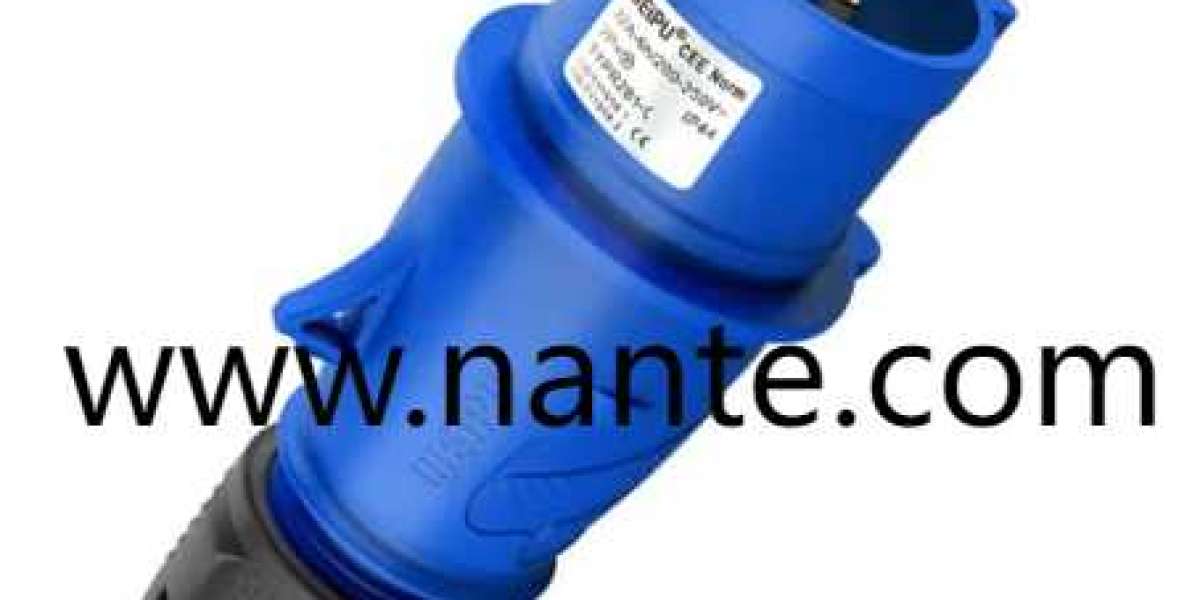When selecting an Industrial Plug , it is crucial to check the appropriate certifications to ensure safety, durability, and compatibility with your equipment. A plug is often used in harsh environments, where reliability is paramount. It's essential that the plug not only meets electrical standards but also adheres to specific industry regulations to prevent hazards. In this article, we will explore the key certifications you should consider when purchasing an industrial plug , helping you make an informed decision.
- UL Certification for Safety and Reliability
One of the most important certifications to look for when buying an industrial plug is the UL (Underwriters Laboratories) certification. UL is a globally recognized safety organization that tests products for electrical safety, performance, and fire hazards. A UL-certified plug ensures that it meets rigorous safety standards and is built to withstand high voltage and environmental stresses. This certification is essential for plugs used in factories, construction sites, and other high-risk areas.
- IEC Certification for International Compatibility
Another significant certification is the IEC (International Electrotechnical Commission) standard, which ensures the plug complies with international electrical safety requirements. The IEC standard covers various aspects, including voltage ratings, environmental conditions, and mechanical properties. If your operations involve equipment or components that need to be internationally compatible, an IEC-certified plug ensures it meets those standards.
- CE Marking for European Union Standards
If your plug will be used within the European Union, the CE (Conformité Européene) marking is a must. This certification signifies that the plug meets EU safety and environmental requirements, including low-voltage directive regulations. The CE marking indicates that the product has undergone thorough testing and complies with the stringent EU safety standards, reducing the risk of electrical hazards.
- ATEX Certification for Explosive Environments
For industries that deal with explosive atmospheres, such as mining or oil and gas, the ATEX (Atmosphères Explosibles) certification is essential. An ATEX-certified plug ensures that the plug is designed to prevent ignition in hazardous environments. This certification guarantees that the plug can be safely used in locations where flammable gases, vapors, or dust are present, making it a critical requirement for many industrial applications.
- NEMA Certification for North American Markets
In the North American market, the NEMA (National Electrical Manufacturers Association) certification is a key standard to look for when purchasing a plug. NEMA sets standards for electrical products, ensuring they are safe, efficient, and suitable for use in various industrial settings. A plug that meets NEMA standards guarantees compatibility with the electrical systems in the United States and Canada.
- IP Rating for Protection Against Water and Dust
The IP (Ingress Protection) rating is another vital factor when selecting an plug, particularly for outdoor or harsh environmental applications. The IP rating system indicates how well the plug is protected against water, dust, and other contaminants. For example, an plug with an IP67 rating is dust-tight and can withstand submersion in water, making it ideal for outdoor use in harsh weather conditions.
- RoHS Certification for Environmental Compliance
If your plug will be used in applications where environmental impact is a concern, the RoHS (Restriction of Hazardous Substances) certification is essential. RoHS ensures that the plug is free from harmful substances such as lead, mercury, and cadmium. This certification is crucial for industries focused on sustainability and reducing environmental impact while maintaining high safety standards.
Choosing the Right Industrial Plug for Your Needs
When selecting an industrial plug, it's important to consider your specific needs, including the environment in which the plug will be used, the voltage and current requirements, and any relevant certifications. By understanding the certifications mentioned above, you can ensure that the plug you choose will meet safety standards, environmental regulations, and operational requirements.
If you're looking for high-quality plugs that meet the necessary certifications for your applications, visit www.nante.com . Nante offers a range of plugs and socket solutions designed to ensure safety, reliability, and performance across various industries.








